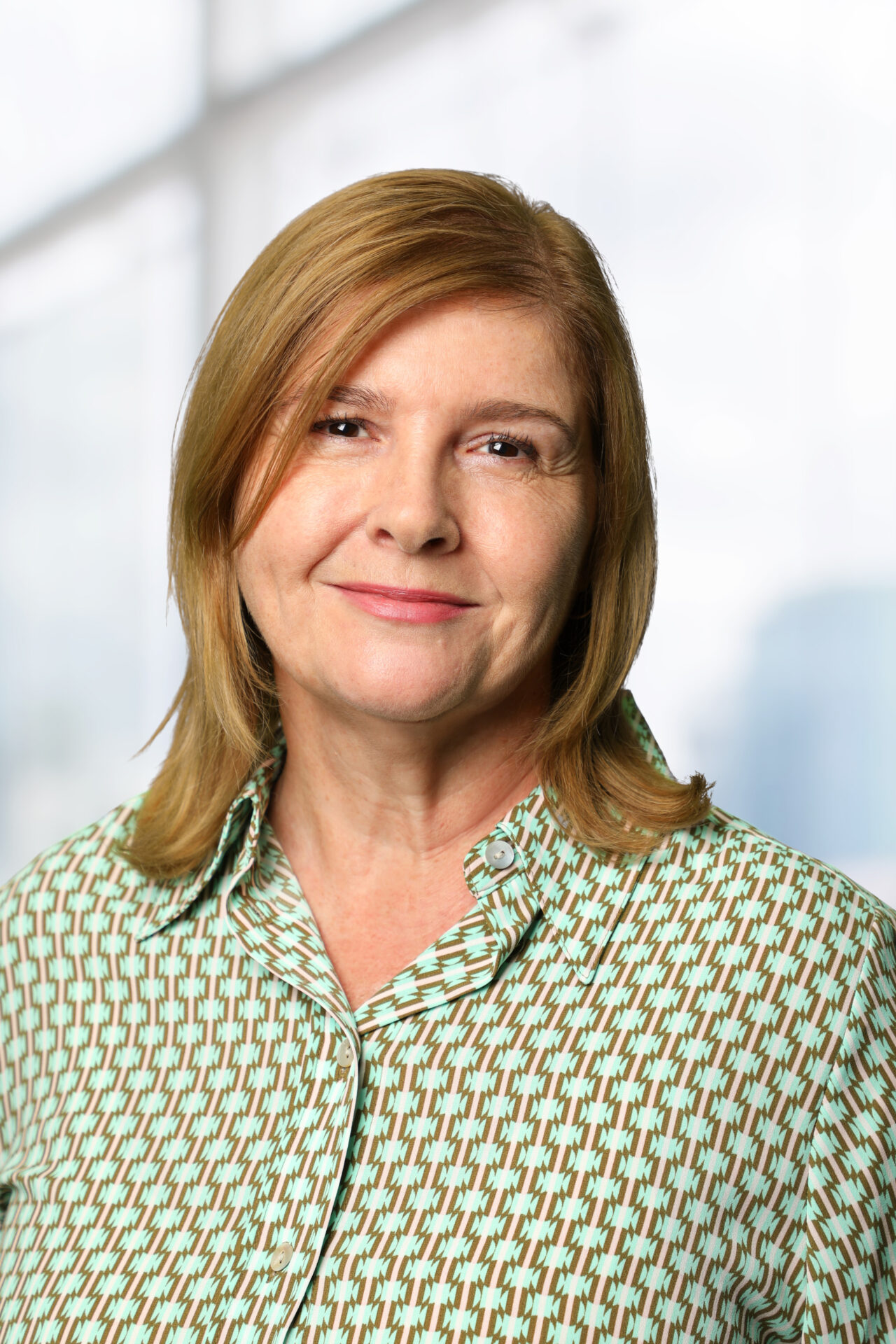To highlight the important work and impressive achievements of women in financial services, the STA Women in Finance Committee is pleased to roll out a new series of interviews with women spanning all areas of the industry who aim to inspire the next generation of women in finance.
Kicking off the series is an interview with Jennifer Nayar, President and CEO of Sterling Trading Tech. Formerly, Nayar was CEO of Vela Trading Systems, and before joining Vela, Nayar spent over a year at REDI Global Technologies as its technology chief of staff. Nayar also spent over four years at NYSE Technologies as Global Head of Market Data and Business Operations. Read the interview below for more on her robust experience in financial services and her hopes for the future of the industry.
Inessa Ruffman, JonesTrading and STA WIF Chair
President & CEO

Why did you choose a career in the financial services industry? How did you get started?
I was offered an administrative role in HR at the London Stock Exchange – and I took it because it was the London Stock Exchange! It was an amazing opportunity, especially early in my career. I spent 10 years there learning all aspects of the business. When I joined, there were limits to the roles that women could pursue. Getting in through the HR department was one of the only routes available for someone of my age and experience to enter financial services. From there, I joined the training department to teach people how to use their price information screens, and through that role I was able to land a position in client services, then product and so on.
How has the industry changed in the time that you’ve been part of it?
When I started at LSEG, there was a dress code for women. I wasn’t allowed to wear trousers unless there was inclement weather, and they could only be black, gray or navy. Things have come a long way in terms of being treated equally. Of course, we’ve still got a ways to go, and the fact that we’re still talking about “women in finance” means that we aren’t quite there yet. If there’s still a need to highlight examples to show women that it can be done, then we aren’t where we should be.
Have you seen improvements in diversity, and if so, how have they contributed to the industry?
I grew up during a time when women performed a certain societal role – there were expectations of women and limitations to their career opportunities. Now, when I look at my daughter, who is almost 21, she has no expectations of what she can and can’t do. Nobody has placed limitations on her because of her gender, and I’d like to think that the improvement between her experience and my own is just generational and will continue to improve. There are strong, powerful women in our industry now – just look at Lynn Martin at NYSE or Adena Friedman at Nasdaq. Now we’ve got role models and leaders that look different from leaders past.
What are your hopes for the future of the industry?
My hope for the future is that we can one day talk about the achievements and skills of women first and foremost, because they are impressive, period. For example, I’d like to see women win more awards because of their achievement as someone in the industry, not specifically as a woman in the industry. That’s when we’ll know it’s a level playing field – when we’re not needing to lead with intentional diversity, when it just happens naturally. I look forward to the day when gender doesn’t underscore ability.
What are you most proud of in your career and why?
I’m most proud of being a CEO. I’ve done it twice now in my career. It’s no secret that I didn’t go to college – I left school at 16 and started working. This industry has been good to me, I’ve grown up in it and to say I’ve made it to the position of CEO, that’s what I’m most proud of.
Do you have any words of wisdom for the next generation of women in finance?
In my career in financial services, I never believed that there was a glass ceiling that I might hit. It’s that almost blissful ignorance that gets people to dream big and accomplish bigger. We need to be careful when talking about gender barriers because we shouldn’t impose those same barriers that older generations have faced on younger generations. I, as a mentor, don’t want to make a young woman believe that there
